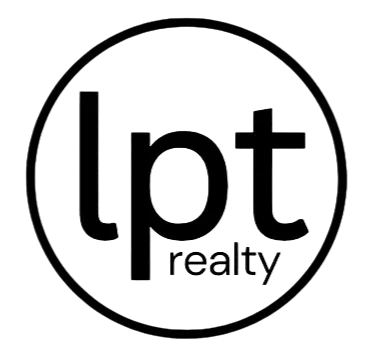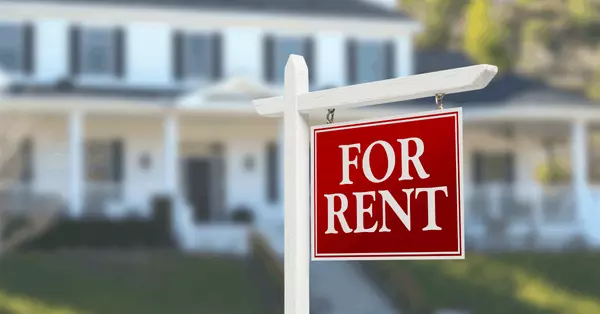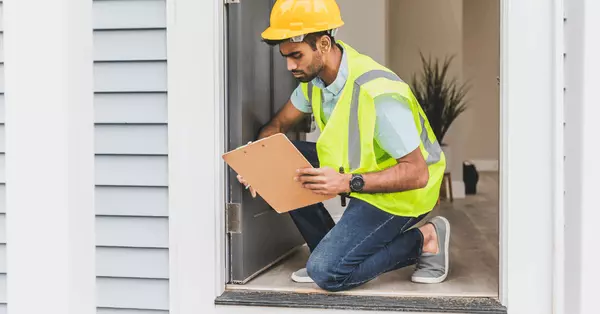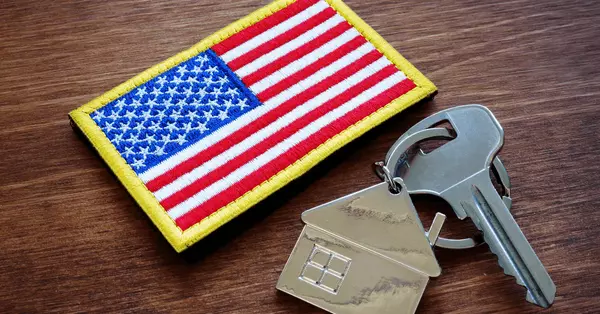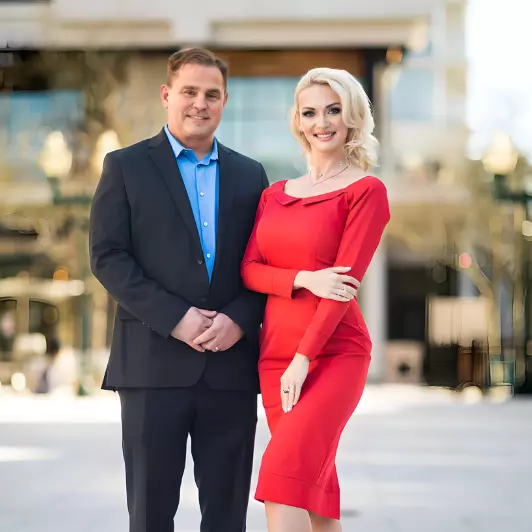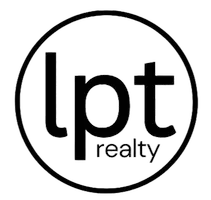VA Loan Closing Costs: What Fees Should You Expect?

When buying or refinancing a home with a VA loan, you'll be responsible for paying closing costs. These fees are necessary to cover the processing and finalizing of your loan. While all loans come with closing costs, VA loans have a few specific fees. Here's a breakdown of what to expect with VA loan closing costs.
Who Pays Closing Costs on a VA Loan?
For VA loans, closing costs are mainly paid by the buyer. However, similar to other loan types, sellers often cover real estate agent commissions and brokerage fees. In some states, the VA may require the seller to pay for certain expenses, like termite inspections. Additionally, your lender may waive or cover some of the fees that would typically apply to a conventional loan, such as attorney or inspection fees.
If you're looking to minimize your closing costs, you can explore options like applying for closing cost assistance, negotiating a credit from your lender, or asking the seller to contribute toward your closing costs during negotiations.
How Much Are VA Loan Closing Costs?
VA loan closing costs usually range between 1% and 5% of the total loan amount. For example, on a $300,000 loan, closing costs could be between $3,000 and $15,000. According to the Consumer Financial Protection Bureau (CFPB), the average VA loan closing cost in 2021 was $8,391, with the average VA loan amount being $354,474.
How Are VA Loan Closing Costs Different?
One significant benefit of VA loans is that they don't require mortgage insurance, even with 100% financing. This can save VA borrowers between $1,800 and $2,400 per year on a $250,000 loan compared to private mortgage insurance (PMI). Instead, VA borrowers pay a one-time funding fee, which helps keep the VA program running.
In addition to the lack of mortgage insurance, VA loan borrowers pay a capped 1% loan origination fee, and sellers are allowed to contribute up to 4% of the loan amount toward the buyer’s closing costs.
Breakdown of VA Loan Closing Costs
Here are the common closing costs you’ll encounter as a VA loan borrower:
-
VA Funding Fee: A one-time fee that can be paid upfront or rolled into the loan. It ranges from 0.5% to 3.6% of the loan amount, depending on factors like whether it's your first VA loan and the size of your down payment.
-
Origination Fee: This fee compensates the lender for processing the loan and is capped at 1% of the loan amount.
-
Appraisal Fee: VA loans require an independent appraisal to assess the property’s value. Appraisal fees typically range from $600 to $800, depending on the location.
-
Title Insurance: This ensures the property has no legal disputes or liens. Expect to pay between $300 and $1,500 for both lender and buyer title policies.
-
Recording Fee: This fee records your new ownership and loan documents with local government offices and usually costs less than $200.
-
Credit Report Fee: Lenders charge a fee, typically around $50, to pull your credit report.
-
Homeowners Insurance: You’ll need to pay for the first year of homeowners insurance upfront at closing. Costs vary depending on factors like home value, location, and coverage.
-
Property Taxes: Depending on the timing of your purchase, you’ll pay a prorated amount of property taxes.
-
Flood Zone Determination: This check verifies whether the home is in a flood zone, with fees typically under $20.
Additional Potential Costs:
-
Discount Points: You may choose to buy down your interest rate by paying for discount points upfront. Each point typically costs 1% of the loan amount and reduces your rate by 0.25%.
-
Home Inspection Fees: Though not required, it’s recommended to get a home inspection, which usually costs between $250 and $700.
-
HOA Fees: If your home is part of a community governed by a homeowners association, you’ll be responsible for paying HOA fees, which can vary widely.
What Closing Costs Can't VA Buyers Pay?
The VA limits the types of fees lenders can charge. Some non-allowable fees include loan application or processing fees, rate lock fees, notary fees, and document preparation fees.
Can You Roll VA Loan Closing Costs Into Your Loan?
You can only finance the VA funding fee into your loan, while the other closing costs must be paid at closing. To cover these costs, you can explore seller concessions, closing cost assistance, or lender credits.
How to Reduce VA Loan Closing Costs
If closing costs are a concern, here are three strategies to reduce them:
- Seller Concessions: Sellers can contribute up to 4% of the loan amount to cover closing costs.
- Closing Cost Assistance: Some grants or forgivable loans are available to help cover closing costs.
- Lender Credits: Some lenders offer credits to cover closing costs in exchange for a higher interest rate.
By understanding the different fees involved and exploring available options, you can be well-prepared for the closing costs associated with your VA loan.
Categories
- All Blogs (37)
- Buyer Stories (1)
- Buyer tips (7)
- Buyers (3)
- Buying (2)
- Buying Advice (3)
- Buying Assistance (3)
- Credit & Debt (2)
- Down Payment (1)
- Financing (8)
- Financing Options (1)
- First Time Home Buyer (20)
- Foreclosures (1)
- Interest Rates (2)
- Loans (4)
- Military (6)
- Mortgage Interest Rates (1)
- Mortgage Rates (1)
- New Construction (1)
- Personal Finance (2)
- Refinance (1)
- Tax tips (1)
- Title & Closing (1)
- VA Loans (1)
Recent Posts
